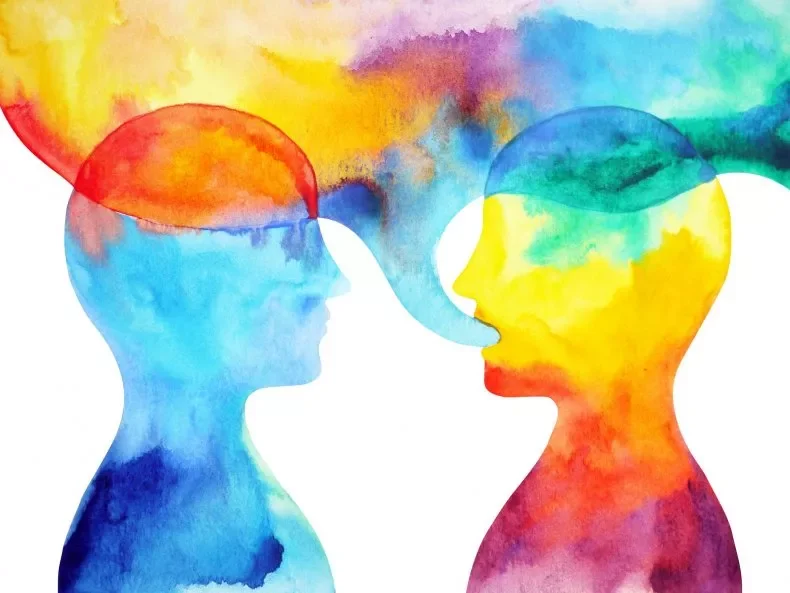Brainspotting and Complex Trauma
Brainspotting and Complex Trauma: Healing the Wounds That Impact Relationships
Relationships are meant to be places of connection, safety, and mutual care. But for people who have lived through complex trauma—especially trauma that occurred within relationships—connections can feel complicated, overwhelming, or even unsafe.
Complex trauma isn’t just one painful event. It’s often the result of repeated emotional, physical, or relational harm over time—frequently in childhood, but sometimes in adulthood as well. And because it’s relational in nature, it can leave deep imprints on the nervous system that directly affect how we connect with others.
This is where Brainspotting can be a powerful tool for healing.
How Complex Trauma Affects Relationships
When trauma happens within relationships—whether it’s neglect, abuse, betrayal, or constant emotional invalidation—it can change the way we experience intimacy and trust.
You might notice patterns like:
Feeling anxious or “on guard” around loved ones
Avoiding closeness to protect yourself from being hurt
Reacting strongly to small disagreements
Feeling unseen, unheard, or disconnected even in safe relationships
Overthinking every interaction
Struggling to express your needs or boundaries
These reactions aren’t signs of weakness—they’re the nervous system doing its best to protect you based on what it’s learned in the past. The problem is, the past can keep showing up in the present, even when you want things to be different.
Why Brainspotting Works for Relational Trauma
Brainspotting is a therapeutic approach that helps people process trauma at the deep, subcortical level of the brain—the part that stores unprocessed emotional and body-based memories. Instead of only talking about experiences, Brainspotting uses specific eye positions (“brainspots”) to directly access where trauma is stored, allowing the brain and body to release it.
For relational trauma, this is powerful because:
It bypasses the thinking brain. Relational wounds often live in the body as feelings of tension, fear, or shutdown—not just in your thoughts. Brainspotting works with those physical responses directly.
It reduces triggers. By processing stored trauma, you’re less likely to feel hijacked by overwhelming emotions in your current relationships.
It supports emotional regulation. As your nervous system becomes calmer, it’s easier to communicate, set boundaries, and stay present with loved ones.
It rewires relational patterns. When old pain is released, you have more space to create the kind of relationships you want today—ones rooted in trust, respect, and authenticity.
What a Brainspotting Session for Relational Trauma Looks Like
You don’t have to have a clear, detailed memory of your trauma to benefit from Brainspotting. In fact, many people start with a feeling, body sensation, or current relationship challenge and let the process unfold from there.
A typical session might involve:
Talking briefly about the challenge or emotion you want to work on.
Noticing where in your body you feel that emotion most strongly.
Using a pointer or therapist’s guidance to find the eye position that seems to “activate” that feeling.
Holding your gaze there while allowing thoughts, emotions, and body sensations to arise naturally—without forcing anything.
The therapist supporting you in staying connected to the process until it feels complete for that session.
Over time, people often notice less reactivity, more emotional clarity, and a deeper sense of safety in themselves and in their relationships.
Who Can Benefit?
Brainspotting for relational trauma can help if you’ve experienced:
Childhood neglect or abuse
Growing up in a chaotic or unpredictable home
Abandonment or betrayal in adult relationships
Emotional invalidation from caregivers or partners
Repeated relationship conflict that leaves you feeling unsafe
It’s also helpful if you simply feel like your body “remembers” pain that your mind can’t fully explain, especially when it comes to intimacy, trust, or connection.
Final Thoughts
Complex relational trauma can make love, friendship, and family connections feel like walking through a minefield. But you don’t have to live in constant fight-or-flight mode.
Brainspotting gives you a pathway to release old relational wounds, regulate your nervous system, and create the safe, healthy connections you deserve. Healing won’t erase the past, but it can free you to live in the present—where connection can finally feel like a source of joy, not fear.
If you’d like, I can now create an SEO description, tags, and image captions targeting your local therapy audience so this article works both as an educational piece and as an effective marketing tool. Would you like me to do that next?



